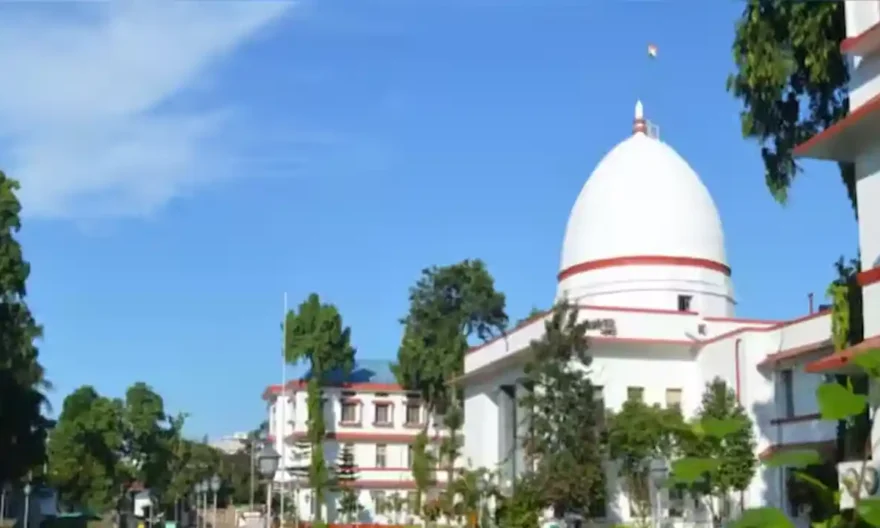
The Gauhati High Court has recently acquitted the convicts in the 2004 Dhemaji bomb blast where 13 people including 10 children were killed on the spot, while grievously injuring 19-20 individuals.
The explosion took place within the precincts of the Dhemaji College Playground, located in the Dhemaji district, Assam, on the 15th August 2004. This incident coincided with Independence Day festivities, subsequently claimed to be orchestrated by the United Liberation Front of Asom (ULFA).
The order and judgement of the Gauhati High Court stated that, “as the Prosecution has not been able to prove the guilt of the appellants in respect of the charges framed against them, they are acquitted of the charges framed against them, by giving them the benefit of doubt. As we find the impugned judgment dated 04.07.2019, passed by the learned Trial Court in Sessions Case No 127(DH)/2011 is not sustainable, the same is accordingly set aside. The State authorities are directed to release the appellants from judicial custody immediately, if not wanted in some other criminal case.”
In the year 2019, the Dhemaji District and Sessions Court found six individuals guilty, resulting in the sentencing of Lila Gogoi alias Lila Khan, Dipanjali Borgohain alias Lipi, Muhi Handique, and Jatin Dowari alias Rangman to life imprisonment.
Simultaneously, Prashanta Bhuyan and Hemen Gogoi were sentenced to four years of imprisonment. Contending the verdict of the lower court, the convicted individuals contested the ruling in the Gauhati High Court.
Furthermore, the Gauhati High Court stated in the judgment that, “the prosecution has not been able to conclusively prove the guilt of the appellants, as there is no continuous chain of circumstantial evidence, with regard to the hypothesis that the appellants had hatched a conspiracy and had blasted the bomb on the fateful day in the Dhemaji College Field. We find that the findings of the learned Trial Court have not been supported by the evidence recorded by the prosecution witnesses. The Trial Court cannot make findings on the basis of speculations or suspicion and the same has to be based on evidence. It has been held by the Supreme Court that Courts should be wary of the fact that it is human instinct to react adversely to the commission of an offence and make an effort to see that such instinctive reaction does not prejudice the accused in any way. While the offence committed is a serious one and though conviction may be based solely on circumstantial evidence, the prosecution must provide greater assistance to the Court that its case has been proved beyond reasonable doubt. In essence, not only has the Prosecution been unable to prove the foundational facts against the appellants, but the learned Trial Court has come to a finding based on suspicion and speculation, not supported by the evidence adduced by the Prosecution witness…… It should also be kept in mind that suspicion over strong evidence cannot take the place of proof. The conviction cannot be based on speculation, conjunctures and a broken chain of circumstantial evidence.”
It also stated that “the learned Trial Court has convicted the appellants, without the prosecution being able to prove the charges against them beyond all reasonable doubt. As such, we do not find any alternative, but to interfere with the findings of the learned Trial Court and the conviction of the appellants by the learned Trial Court.”




